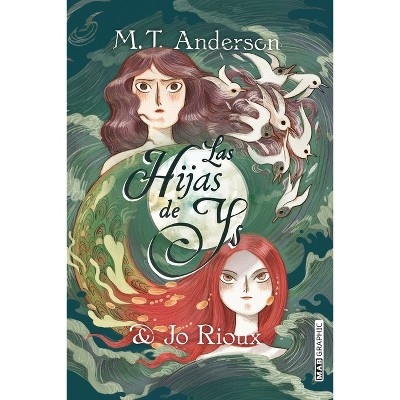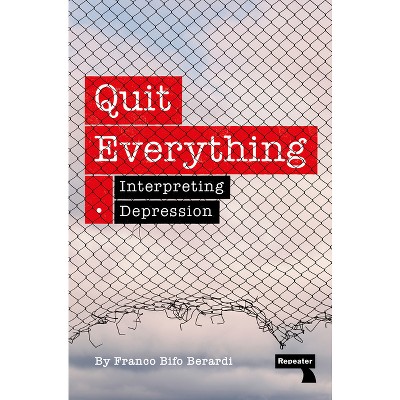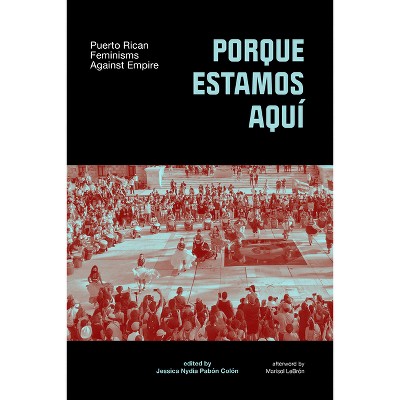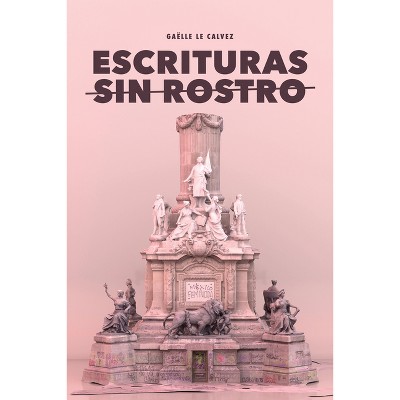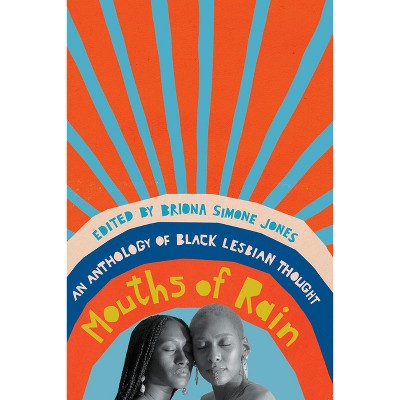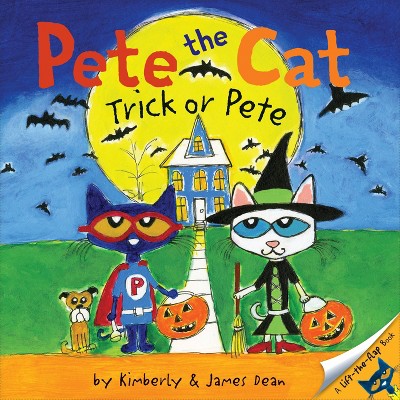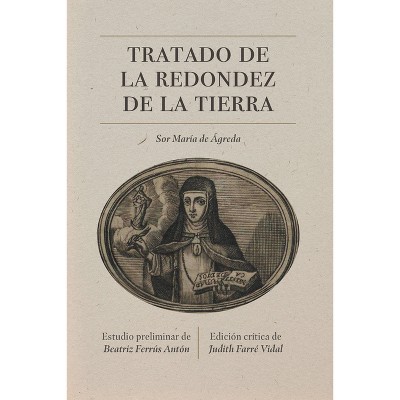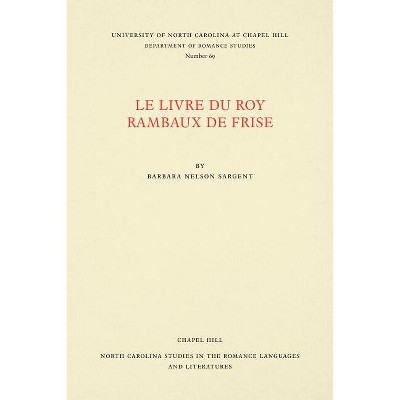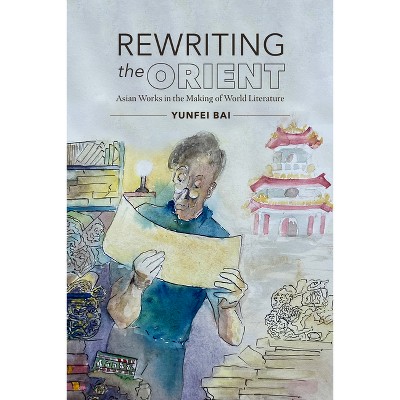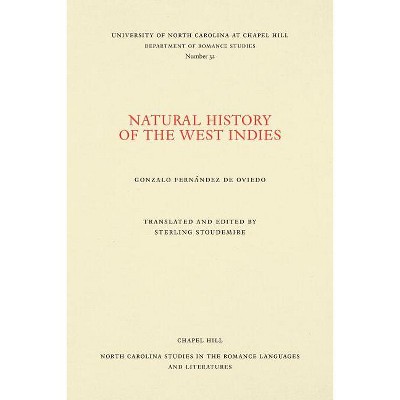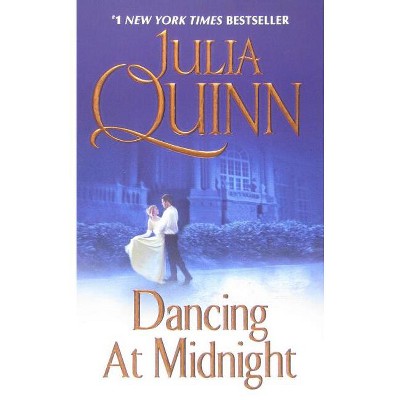Sponsored

The Resilient Apocalypse - (North Carolina Studies in the Romance Languages and Literatu) by Julia a Kushigian (Paperback)
$65.00
In Stock
Eligible for registries and wish lists
Sponsored
About this item
Highlights
- Portraits of good battling evil in the geography of hell come in many forms in the Hispanic World.
- About the Author: Julia A. Kushigian is the Hanna Hafkesbrink Professor of Hispanic Studies at Connecticut College.
- 258 Pages
- Literary Criticism, European
- Series Name: North Carolina Studies in the Romance Languages and Literatu
Description
About the Book
"Portraits of 'good battling evil' in the geography of Hell come in many forms in the Hispanic World. Apocalyptic nightmares, fearful images of life, chaos and death are inclusive and interdepEndent, yet simultaneously project an exceptional quality. Where images remain unfulfilled in narrow allegiances to a proscribed End, this investigation explores how narrative logic may challenge unified notions of finalities. Redeploying transglobal character and narrative potential, it distinguishes itself by training the lens on New Beginnings. Its analysis embeds resilient formulas for combating the End through resistance in Latin America and Spain revealed in gilded illustration, decolonizing drama, messianic chronicles and poetry, baroque letters, racially-motivated novels, sexuality-threatening films, and intimidating immigrant photos complete with destruction wreaked by climate change. Through chaos the resilient Apocalypse simultaneously performs as an internal defense (a vehicle for mourning) and a counter-discourse to power (a mechanism for resistance). Its strategy listens to and keeps the enemy 'in sight and in mind,' a formula for grappling with and engaging difference that analyzes the traces left on each other's cultural fabric in an open-Ended, communal struggle. This study argues for decolonizing the politics of the End and reformulating an incomplete, mythical, uncanny quality into a poetics of resistance garnering communal solutions and obligations. Here the Apocalypse is unremittingly sought after to redefine social justice, salvation and reality over time and past collateral damage, ironically providing future hope against itself, the crushing fear of the End. It crystalizes what had yet to be comprehensively explored: how rival traditions internalize competing apocalyptic worldviews to arrive at sustainable plans of action, time-tested, reputable cultural models to control dissension from within and without, and social goals supported by traces the other imprints on their cultural ethos. Bracketing the finality of the End and arguing the process from conflict archaeology toward New Beginnings, salvation, solace or hope, resolves an incomplete myth by negotiating the afterward. Revealing how plural, competing viewpoints of the End go a long way to legitimize each other, this theory of unfulfilled promise forever changes the way we engage the other and value the self"Book Synopsis
Portraits of good battling evil in the geography of hell come in many forms in the Hispanic World. Apocalyptic nightmares, frightful images of chaos and death are inclusive and interrelated, yet simultaneously project an exceptional quality ("never seen or experienced before," "the mother of all battles," "I am the only one who can fix it"). This investigation explores how narrative logic may challenge unified notions of finalities when images remain unfulfilled in a proscribed End. By redeploying transglobal character and narrative potential, the Apocalypse suggests bewildering complexities as it trains its lens on New Beginnings. Here analysis explores resilient formulas for combating the End through resistance in Latin America, Spain and Latin@ communities in the US. Whether revealed through gilded illustrations, messianic chronicles, poetry, Baroque letters, racially-motivated novels, sexuality and spirituality in film or intimidating immigrant photos, apocalyptic examples explode notions of final moments. The Resilient Apocalypse ironically performs as both an internal defense (a vehicle for mourning) and a counter-discourse to power (a mechanism for resistance). This study argues for a strategy that listens to and keeps the enemy "in sight and in mind," a method for grappling with and engaging difference by decolonizing the politics of the End. It reformulates an incomplete, mythical, and uncanny narrative into a poetics of resistance with communal solutions and obligations. When the Apocalypse is unremittingly sought after to impose social justice, salvation and reason, it paradoxically introduces future hope against itself. In the works of Beato de Liébana, Sor Juana Inés de la Cruz, Cirilo Villaverde, Cristina García, Martín Kohan, Jennifer Maytorena Taylor, Santiago Roncagliolo, Alfonso Cuarón, etc., rival traditions internalize competing apocalyptic worldviews and arrive at sustainable plans of action for negotiating the afterward. By bracketing the finality of the End and proposing a tension between conflict archaeology and the transcendence of opposition through renovation, salvation or hope, this study reveals how plural, competing viewpoints of the End go a long way to legitimizing each other. Ultimately, The Resilient Apocalypse traces a compelling narrative theory of unfulfilled promise that forever changes the way we engage the other and value the self during intervals of fear.About the Author
Julia A. Kushigian is the Hanna Hafkesbrink Professor of Hispanic Studies at Connecticut College. Her literary and cultural studies are transnational probes of immersive works that engage compelling views of the Spanish-speaking world. She is the author of Orientalism in the Hispanic Literary Tradition. In Dialogue with Borges, Paz and Sarduy; Reconstructing Childhood. Strategies of Reading for Culture and Gender in the Spanish-American Bildungsroman; and Crónicas orientalistas y autorrealizadas: Entrevistas con Borges, Fuentes, Goytisolo, Poniatowska, Sarduy y Vargas Llosa.Dimensions (Overall): 9.0 Inches (H) x 6.0 Inches (W) x .59 Inches (D)
Weight: .85 Pounds
Suggested Age: 22 Years and Up
Number of Pages: 258
Series Title: North Carolina Studies in the Romance Languages and Literatu
Genre: Literary Criticism
Sub-Genre: European
Publisher: Unc Department of Romance Studies
Theme: Spanish & Portuguese
Format: Paperback
Author: Julia a Kushigian
Language: English
Street Date: May 1, 2024
TCIN: 91952553
UPC: 9781469681887
Item Number (DPCI): 247-21-3591
Origin: Made in the USA or Imported
If the item details aren’t accurate or complete, we want to know about it.
Shipping details
Estimated ship dimensions: 0.59 inches length x 6 inches width x 9 inches height
Estimated ship weight: 0.85 pounds
We regret that this item cannot be shipped to PO Boxes.
This item cannot be shipped to the following locations: American Samoa (see also separate entry under AS), Guam (see also separate entry under GU), Northern Mariana Islands, Puerto Rico (see also separate entry under PR), United States Minor Outlying Islands, Virgin Islands, U.S., APO/FPO
Return details
This item can be returned to any Target store or Target.com.
This item must be returned within 90 days of the date it was purchased in store, shipped, delivered by a Shipt shopper, or made ready for pickup.
See the return policy for complete information.
Trending Paperback Books

$9.85 - $23.09
MSRP $15.99 - $32.99
4.8 out of 5 stars with 147 ratings

$19.99 - $20.58
MSRP $19.99 - $30.00
5 out of 5 stars with 6 ratings
